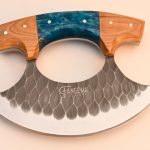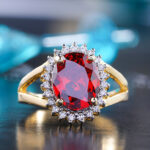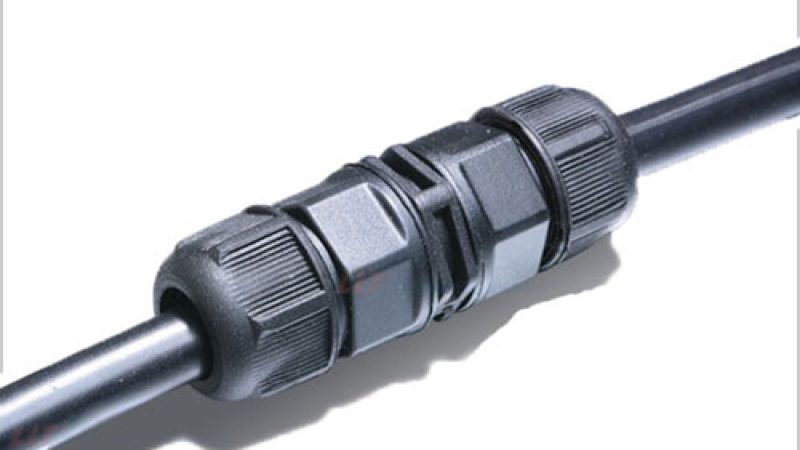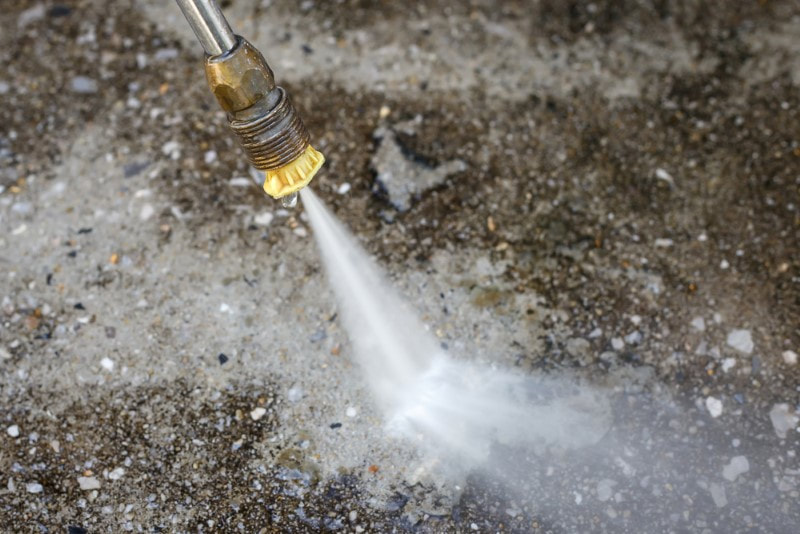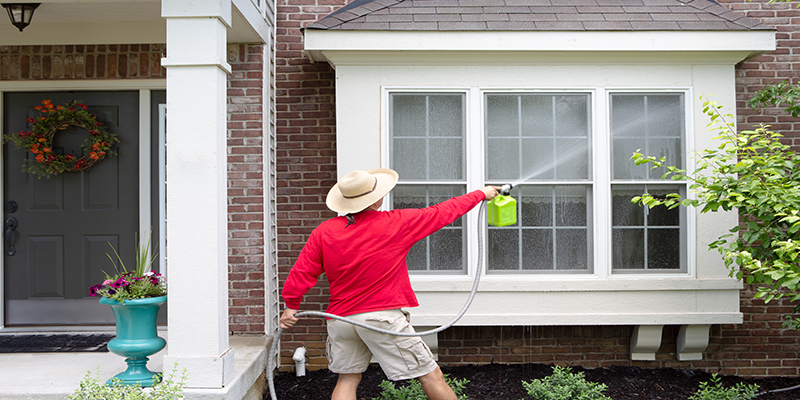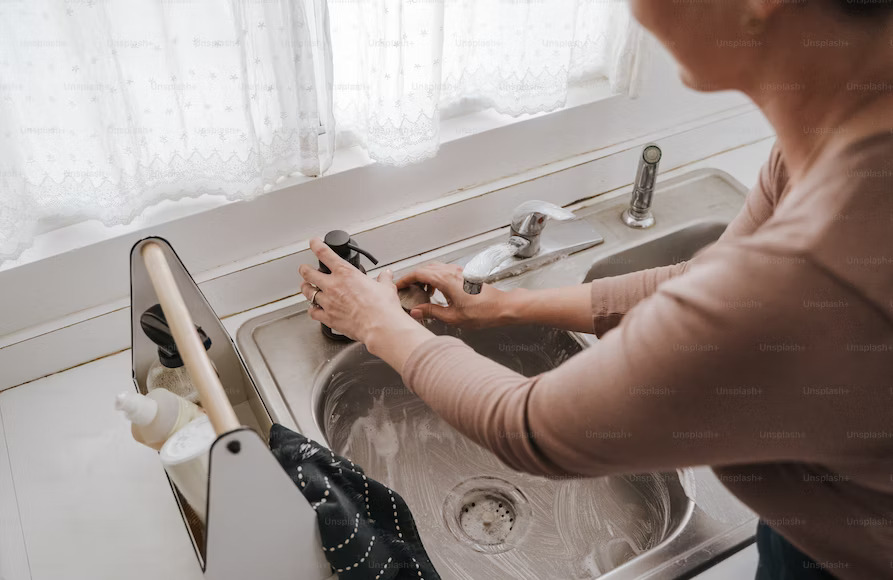Waterproof connectors are essential components in various applications due to their unique ability to provide electrical insulation and protection against moisture and environmental factors. These connectors are commonly made from aluminum alloy through processes like cold pressing and die-casting, with some made from steel for specialized applications, such as high-temperature environments and welding glass. In this blog, we will explore how waterproof male and female connectors achieve electrical insulation.
What is the Electrical Insulation?
Electrical insulation is a material or barrier that prevents or limits the flow of electric current between conductive elements. It is a crucial aspect of electrical systems, as it helps to ensure the safety and functionality of electrical devices and equipment by preventing unintended electrical connections or short circuits. Electrical insulation materials have high resistance to the flow of electric current, which means they do not conduct electricity effectively.
Several important purposes of Electrical insulation:
Safety: protect individuals and equipment from electric shocks and electrical fires. By preventing the flow of electricity to unintended paths, it reduces the risk of accidents and injuries.
Preventing Short Circuits: Insulation materials placed around electrical conductors or components prevent them from coming into direct contact with one another, reducing the risk of short circuits and electrical faults.
Isolation: Insulation allows electrical components to function in close proximity without interfering with each other. It helps maintain the separation and integrity of different electrical circuits.
High Voltage Protection: In high-voltage systems, insulation is crucial to withstand the potential differences and prevent arcing or breakdown that can occur at high electrical potentials.
Environmental Protection: Insulation materials can shield electrical components from environmental factors, such as moisture, chemicals, and dust, ensuring the longevity and reliability of electrical systems.
The Role of Insulation Materials
One of the primary methods used by waterproof connectors to achieve electrical insulation is the use of high-quality insulation materials. These materials are chosen for their ability to withstand a wide range of temperatures, resist contamination, and remain unaffected by various external factors. Water Connectors are typically designed to operate under standard atmospheric conditions, ensuring the safety and reliability of electrical products by maintaining robust insulation properties.
Insulation Resistance
Insulation resistance is a critical parameter used to assess the insulation performance of waterproof connectors. It measures the ability of the connector to prevent electrical current from leaking between contact points and between the contacts and the connector’s outer shell. The insulation resistance value should fall within the specified range established by industry standards to ensure the connector’s proper and safe functionality. Deviations from this range can lead to malfunctions or unsafe operation of the connector.
Other Electrical Properties
Waterproof connectors possess various electrical properties, including high dielectric strength, which determines their ability to withstand high voltages. They also accommodate different levels of electrical current and offer resistance against electromagnetic interference and leakage attenuation. For radio frequency (RF) coaxial waterproof connectors, additional characteristics such as impedance, reflection coefficient, insertion loss, and voltage standing wave ratio (VSWR) are essential considerations.
Enhancing Transmission Efficiency
Waterproof connectors are responsible for facilitating the electrical connection between various wires and cables. As a result, they play a crucial role in improving transmission efficiency. Technological advancements in connector design have led to connectors becoming increasingly efficient and reliable. It’s through these innovations that the unique features and advantages of waterproof connectors become more apparent, offering improved functionality and performance.
Connector Types and Applications
Waterproof connectors come in various forms, including molded male and female connectors, circular connectors, aviation plugs, waterproof sockets, and sensors connectors, among others. Different connectors are designed to meet specific waterproof ratings, with IP65/IP66 connectors suitable for most outdoor LED wiring requirements, and assembly-type connectors achieving IP67 waterproof ratings. These connectors are also available with locking nuts for added security.
Conclusion
Waterproof connectors are essential components in modern electrical systems, and their ability to provide electrical insulation is important for their reliable and safe operation. These connectors continue to advance, offering enhanced performance and contributing to the success of various industries. For all your waterproof connector needs, you can trust companies like Shine Industry Connector to provide high-quality solutions that meet your requirements.
